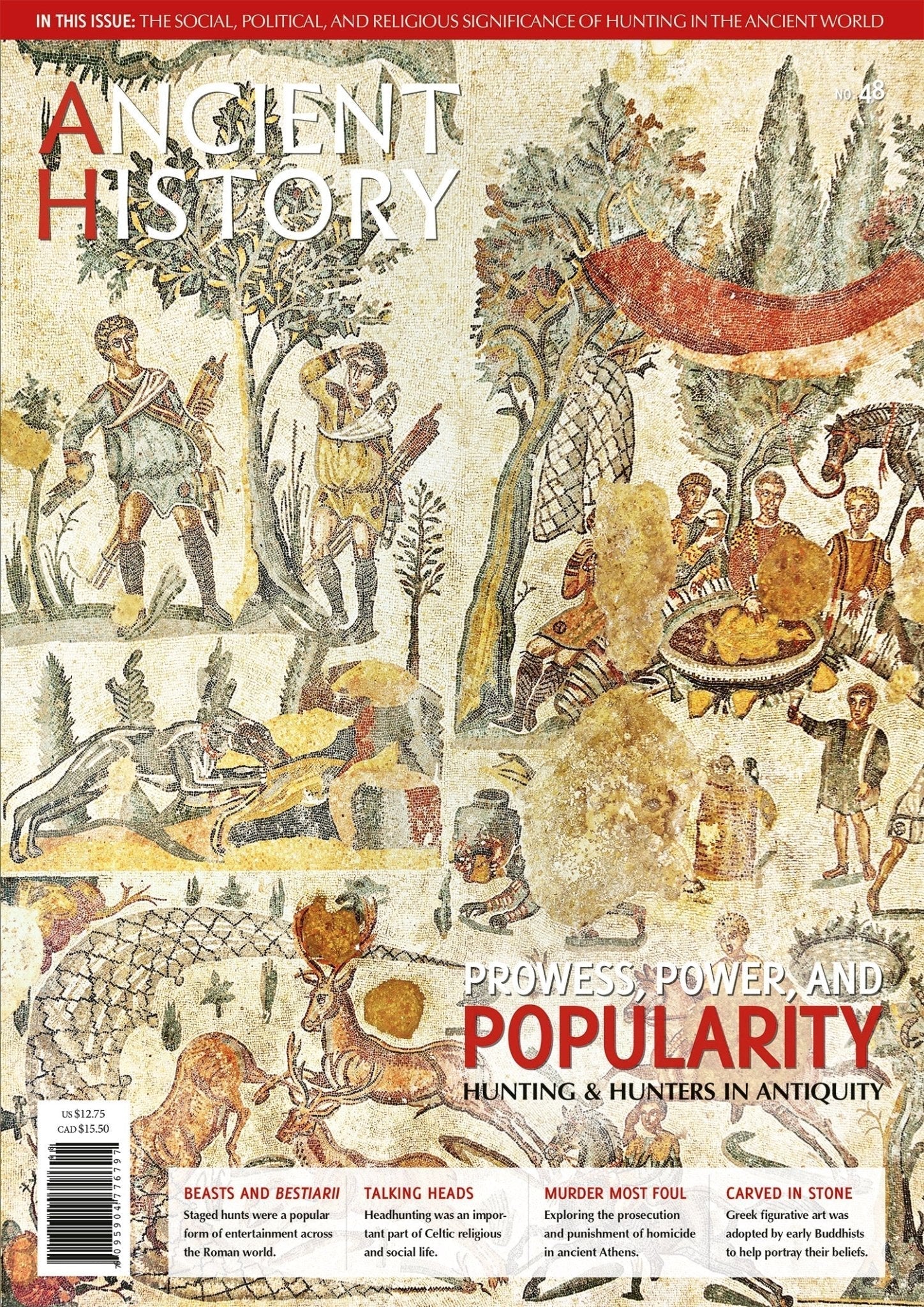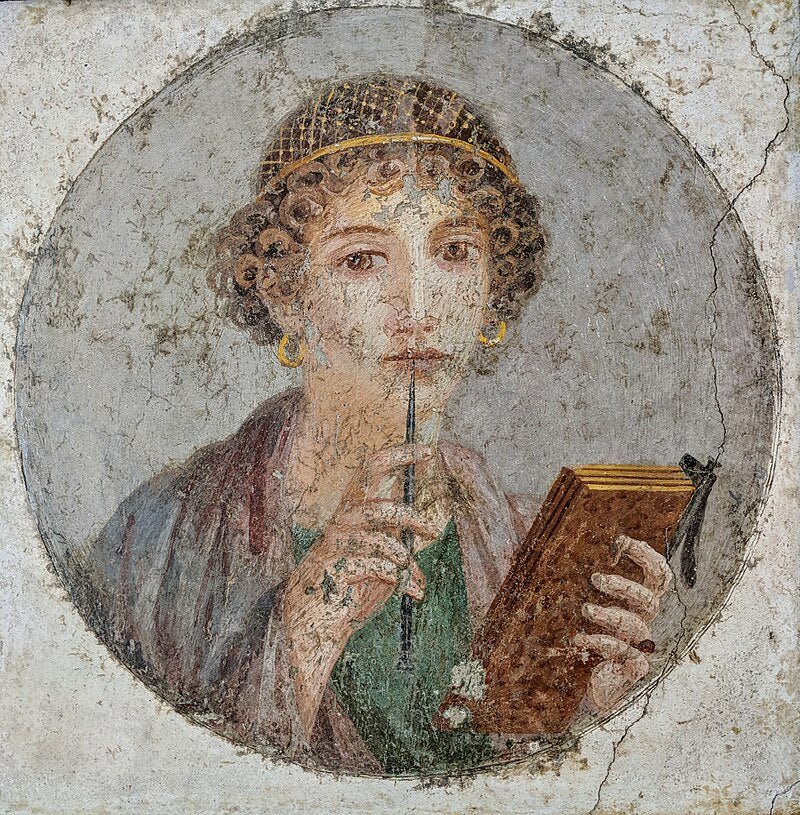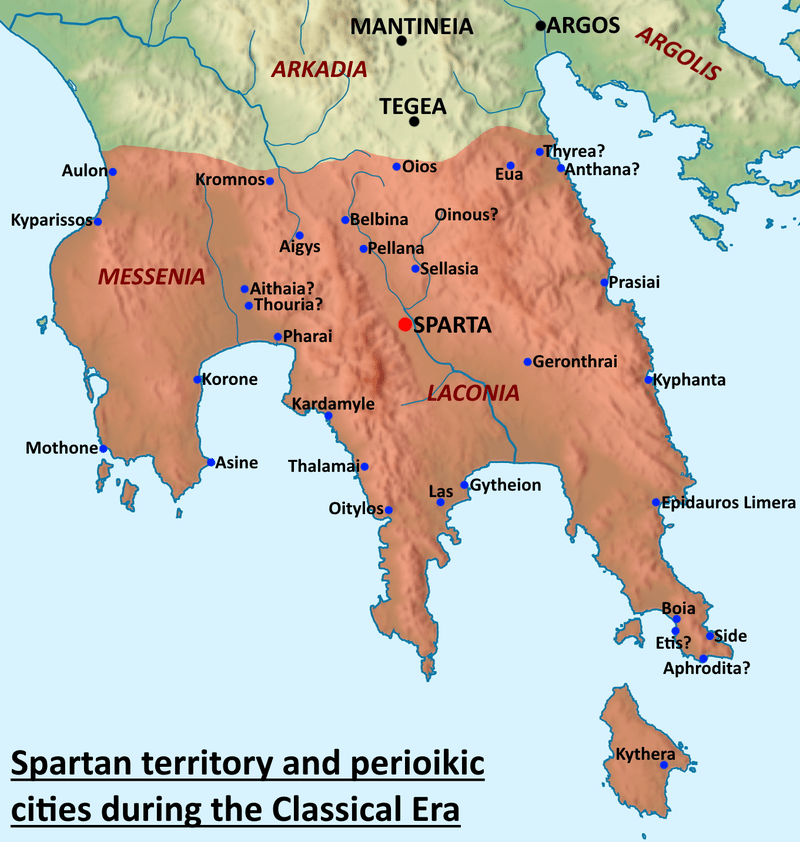Persians near the Crimea
The Greek researcher Herodotus claims that Persian King Darius I in 513 BC tried to subjugate the Scythians, the supposedly nomadic people who lived in what is now the Ukraine. From Asia, the Persian expedition crossed the Bosphorus and the Danube, but they did not manage to actually reach the Scythians who kept falling back and thus returned without having accomplished their mission. At least, this is what Herodotus claims and only thing is certain: his report lacks credibility.
His description of the customs of the Scythians is not incorrect, but he constantly exaggerates their barbaric character. Worse is what he writes about the Persian campagne, which consists entirely of clichés. It seems that he knew something had happened and simply invented what might have occurred. The story was also made to fit a particular framework: the great Persian King Xerxes had become too powerful as far as the gods were concerned and was therefore defeated when he tried to conquer Greece, and so the same must have happened to other mighty rulers. The first Persian king, Cyrus the Great, died in Uzbekistan, while his son Cambyses lost an army in the Egyptian desert. The mighty Lydian king Croesus was said to have overplayed his hand, and King Cleomenes of Sparta also did not escape a dour fate. And so Darius must have run into difficulties in his war against the Scythians.
So far so good. Some tales we simply know to have been invented. The Greek author Xenophon knows that Cyrus died in his bed and this seems to have been confirmed by cuneiform texts, which document that his son served as regent for a while. Cambyses’ lost army is rediscovered once every five years in the desert, but it’s sort of similar to the Loch Ness Monster: the claims are always wrong. Hence everyone always thought that Darius never did much up there north of the Danube. He might have been there, but he probably didn’t leave much of a mark.
Or so we thought. Now we have the news that in Phanagoria, in the Crimea, an inscription has been discovered in Persian cuneiform that mentions Darius. You can read about it here; similar inscriptions can be found there. If this is correct, it’s big news and historians will be required to think differently about Darius’ empire, and classicists will have to renew some of their ideas regarding Herodotus.
But let’s not get too ahead of ourselves. Firstly, the text is incomplete, with only 10 to 15% remaining. However, a text in Persian cuneiform from Phanagoria, even if the name Darius is missing, is proof of a substantial presence and that is truly news. Secondly, the excavators say that the inscription came from Miletus (in Asia) and was later carried to the Crimea. In other words, the stone was excavated in a secondary context and proves nothing about Herodotus.
This is not implausible and we should nort underestimate archaeologists working in the former Soviet Union. It does make one wonder, however, why people would take a Persian stone from Miletus and carry it all the way to the Crimea. It’s a good sign that the excavators have taken the time to present arguments in favour of a less spectacular interpretation than “Darius had indeed been to the Crimea”, even if the less spectacular interpretation begs further questions. It suggests that the researchers are keeping an open mind and that fills me with confidence.




